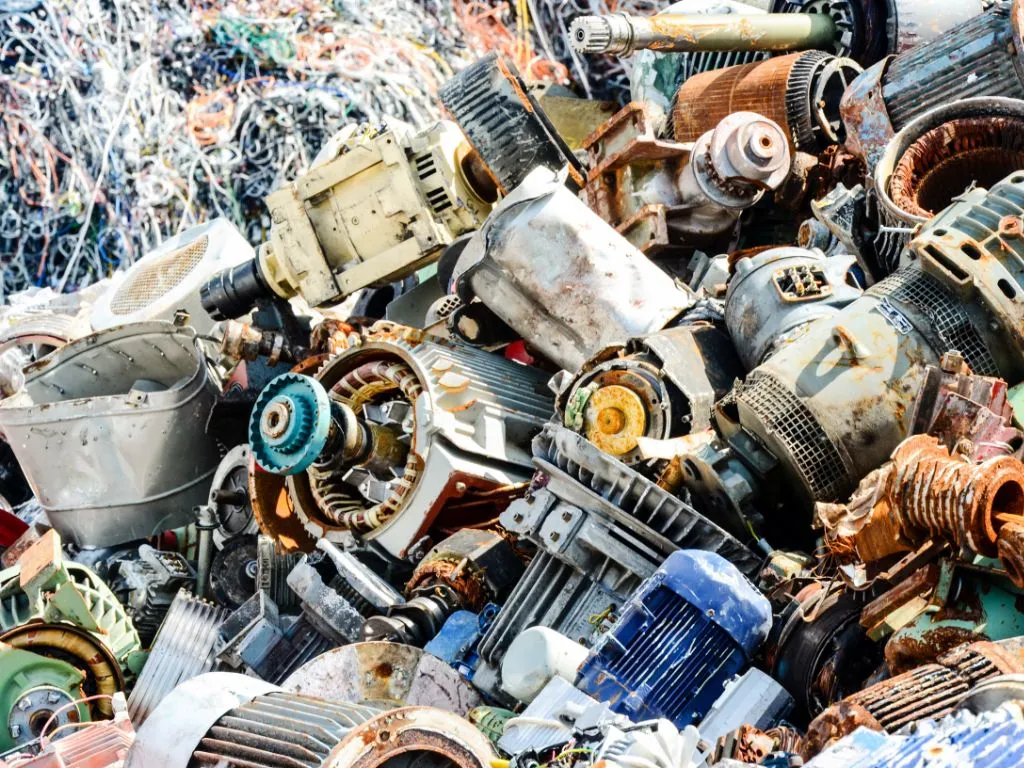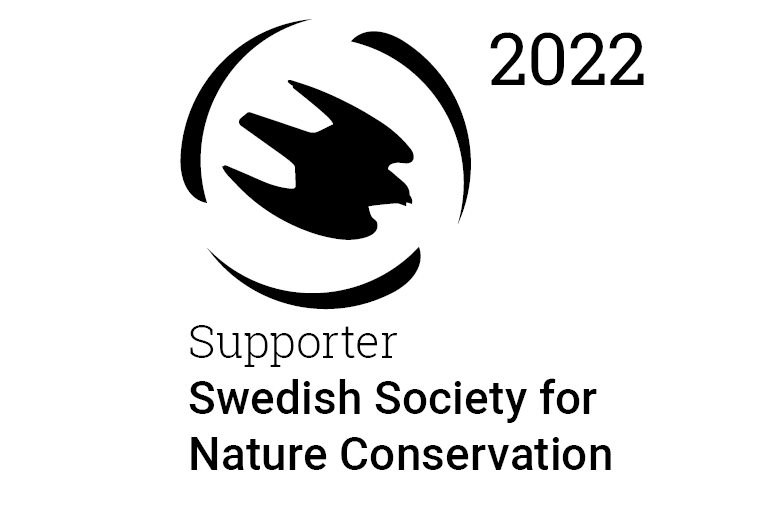News Details

Changes to the RoHS and EEE Directive recommended by the European Commission
On 7 December 2023, the European Commission proposed changes in EU Directive on restriction of hazardous substances (RoHS) in electrical and electronic equipment (EEE). The aim is to reduce hazardous compounds in EEE to protect public health and the environment, as well as to facilitate environmentally responsible recovery and disposal of waste.
The amount of, for example, the heavy metals and flame retardants involved would certainly pose a risk to health and the environment, especially if processed under sub-optimal conditions. This is particularly true even in cases when waste EEE is collected separately and sent for recycling. By harmonising Member State laws, the Directive also aims to guarantee functioning of the internal market.
Background
The RoHS Directive has contributed to the EU's efforts to minimise hazardous substances in electrical and electronic equipment (EEE) and to protect the environment and public health at various points along the value chain.
Despite the shortcomings highlighted, the review concluded that the RoHS Directive is working well. In addition to allowing for appropriate exemptions, the Directive imposes basic restrictions on the inclusion of hazardous chemicals in EEE and, consequently in the waste of electrical and electronic equipment (WEEE). The Directive has also helped to harmonise and maintain the efficiency of the internal market by providing a level playing field for manufacturers of electrical and electronic equipment. The same level of harmonisation would not have been possible without the RoHS Directive. In addition, the RoHS Directive has gained international recognition as a standard for reducing hazardous substances in EEE, which might have a major positive impact on global health and the environment.
Proposed changes to methodology and procedure:
-
The Commission suggests that the European Chemicals Agency (ECHA) be given new authority for the technical assessment of time-limited exemptions and the revision process of the list of prohibited compounds in order to address concerns about transparency and promote overall consistency.
-
The substantial conditions that serve as the foundation for the adoption of substance restrictions or related exemptions would remain unaffected by the reassignment of the assessment activities to ECHA.
-
Such reassignment would result in more efficient procedures and enhance the "one substance - one assessment" idea that was created within the scope of the Chemicals Strategy for Sustainability.
Suggestions for a subsequent modification
It is possible to update and improve the provisions, so they are appropriate for the future.
This begins with upgrading the scope (e.g., examining solar panels) and proceeds to the elimination of several transitory clauses that were pertinent when the open scope was introduced but are now superfluous. Annexes III and IV could be used to reduce the specified administrative costs associated with various EEE categories as well as the expired exemptions.
Another possible course of action is to consider whether costs should be added to the time-limited exemption system for applications involving banned hazardous chemicals is.
As hazardous compounds in EEE continue to be a significant topic in the context of the circular economy and zero-pollution goals, the RoHS Directive could be enhanced improved.
The interaction with other legal instruments currently under reviewed and the possibility of changes to the RoHS Directive (e.g., the REACH Regulation) will make a future amendment necessary as well.
To read the full proposal click here https://environment.ec.europa.eu/system/files/2023-12/COM_2023_760_1_EN_ACT_part1_v4.pdf
We acknowledge that the above information has been compiled from European Commission .


